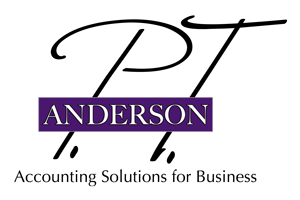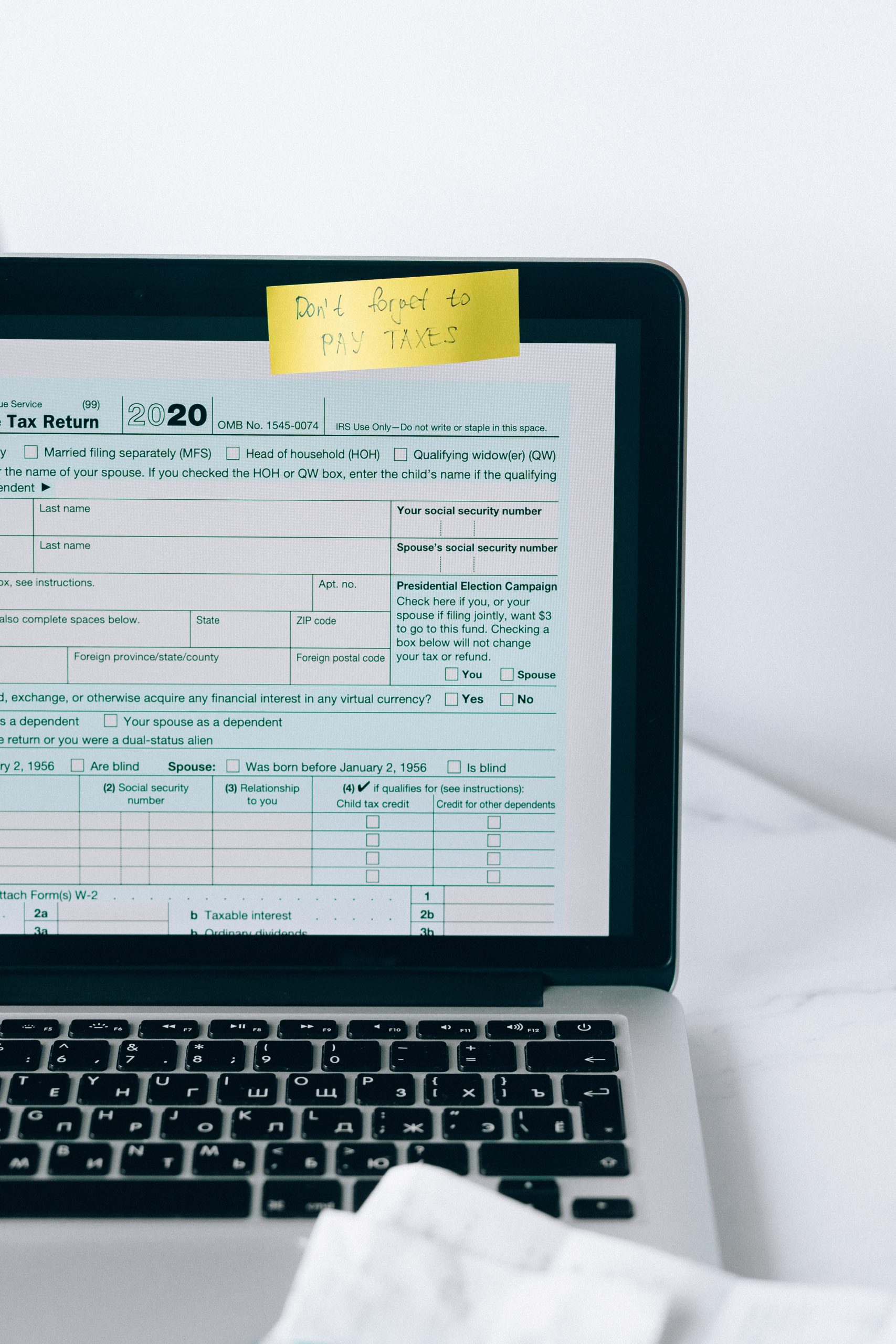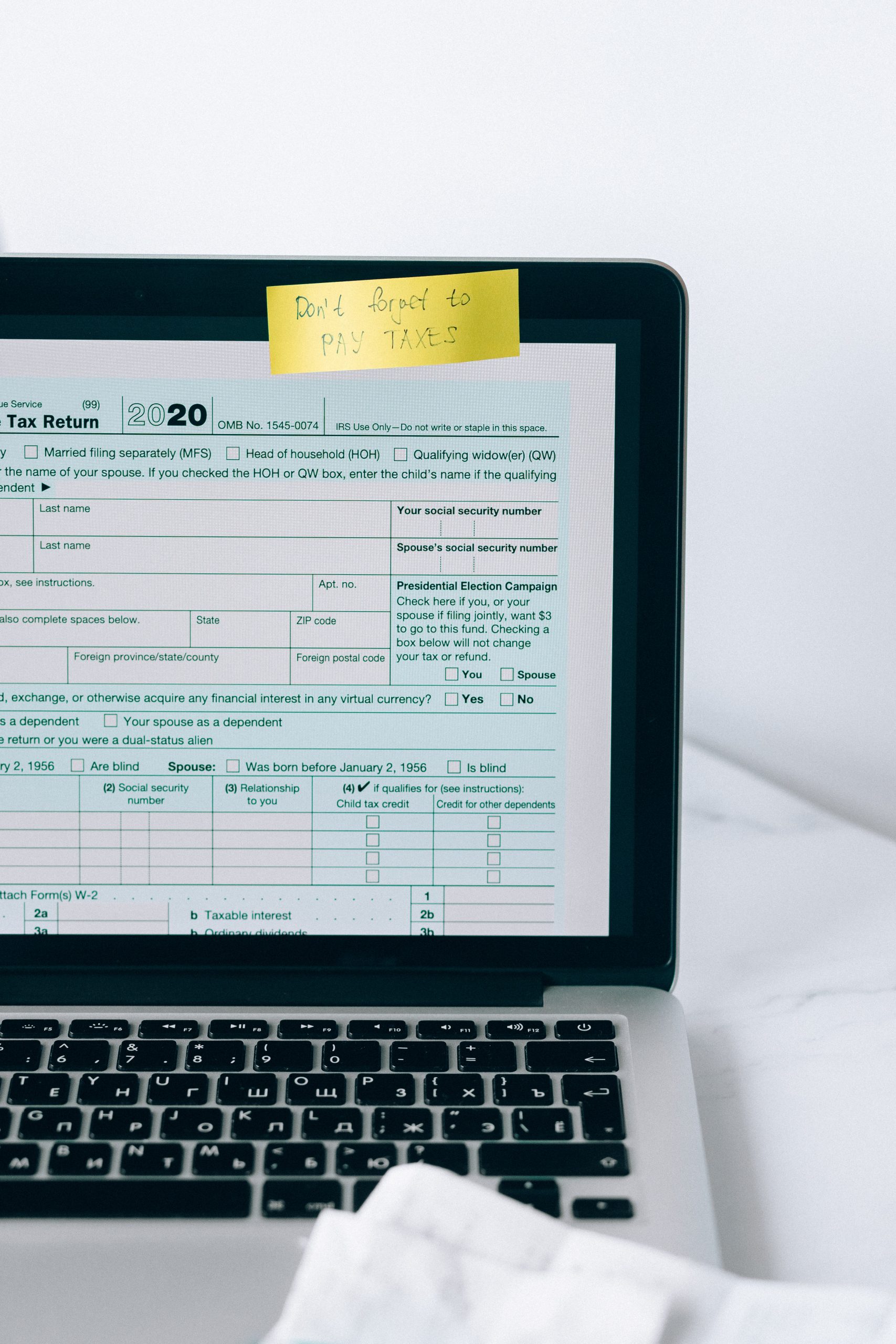In the last few years, the shortage of accounting professionals has grown tremendously, and many business owners are struggling to find reputable, quality accounting services. Prices for accounting services may have gone up due to this supply/demand imbalance, and they will keep going up for years to come– due to the shortage of accounting graduates and the overall pipeline. It makes sense to explore how to work better with your accountant as they become more and more scarce and in demand.
A Successful Partnership
Intuit conducted a survey in October 2022 which found tremendous benefits to the accountant-business owner relationship:
- Nine out of ten small businesses with an accountant or bookkeeper say they contribute to the business’s success.
- More than eight out of ten business owners say accounting professionals helped them reduce the impact of inflation on their business.
- More than 80 percent of business owners say their accountant helps them make better use of technology.
- More than 98 percent of business owners say they are more confident in their business because of their accountants.
- Small business owners overwhelmingly say their accountants save them time and money.
There’s no doubt that the relationship between a business owner and their accountant is of utmost importance to your business. Here are five ways to work even better with your accountant so that you can both benefit from this important business relationship.
1. Reduce your accountant’s administrative time.
There is a lot of paperwork when it comes to accounting and tax work, and administrative work goes hand in hand with that paperwork. When you can reduce the administrative work, your accountant can focus more on planning and advisory work, which is more valuable to your business. Here are a couple of tips.
- When sending paper information to your accountant, scan it in and convert it to PDF instead. Then upload it to your secure portal.
- When sending digital information, convert images to PDF files when possible. Images can’t easily be converted to text as PDFs can.
- Instead of sending multiple files, combine PDFs into one image so they are in the same document.
- Use a client portal instead of email if a client portal is provided.
2. Spend time understanding your accounting and tax reports.
A little education can go a long way. Learning a bit about finances and accounting can help you become a much better business owner. Your accountant may have suggestions on the best source for this or they may have videos they have produced themselves.
3. Honesty is paramount.
It’s critical that there is trust and complete honesty on both sides of the relationship. Your accountant may have earned a CPA or Enrolled Agent or other certifications that took years to acquire. Their license is in peril if anything is not above board. You might be surprised to learn that there are potentially many penalties and jail time for the accountant as well as the client if fraud or other criminal acts are discovered.
One example of something you can do to ensure your accountant’s trust is in tax preparation: clients should complete the tax organizer in full when the tax preparer sends it, even though it is a pain to do so. If a piece of information is missing, or you decide it’s not important but the government feels it is, that omission can spell the beginning of trouble for both you and your tax preparer.
4. Be mindful in communications.
Good communication is an essential part of the accountant-client relationship. A great client will take the time to read any emails or correspondence and answer all the questions in the email (not just the first one!).
Both you and your accountant may have preferred ways of communicating, among the choices of text, voice, and email. Keep in mind your accountant has a higher duty to protect your private information. Text and unencrypted email can be problematic for them, depending on the type of information to be conveyed.
To save time and reduce interruptions, keep a notes file on your desktop, and add any non-urgent questions to your list. That way, you can cover a lot of ground when you meet periodically. It’s a better use of both of your time. Of course, if you have urgent questions, feel free to contact your accountant at any time.
5. Vet any advice you hear.
Be wary of unsolicited advice as well as tips you might see on social media. They can be uneducated and worst case, downright fraudulent. One of the biggest problems today is ERC
mills: companies that have sprung up to help small businesses claim the Employee Retention Credit from 2020 and 2021. Most of these companies are not following IRS guidelines and do not have the proper credentials to evaluate the tax law properly.
Social media sources can be quite unreliable as well. TikTok has some outrageous financial claims regarding the choice of business entity, so please do not act on this advice until you speak with a qualified accounting or tax professional.
Try these tips to build better rapport with your accountant, and your business will blossom as well.





